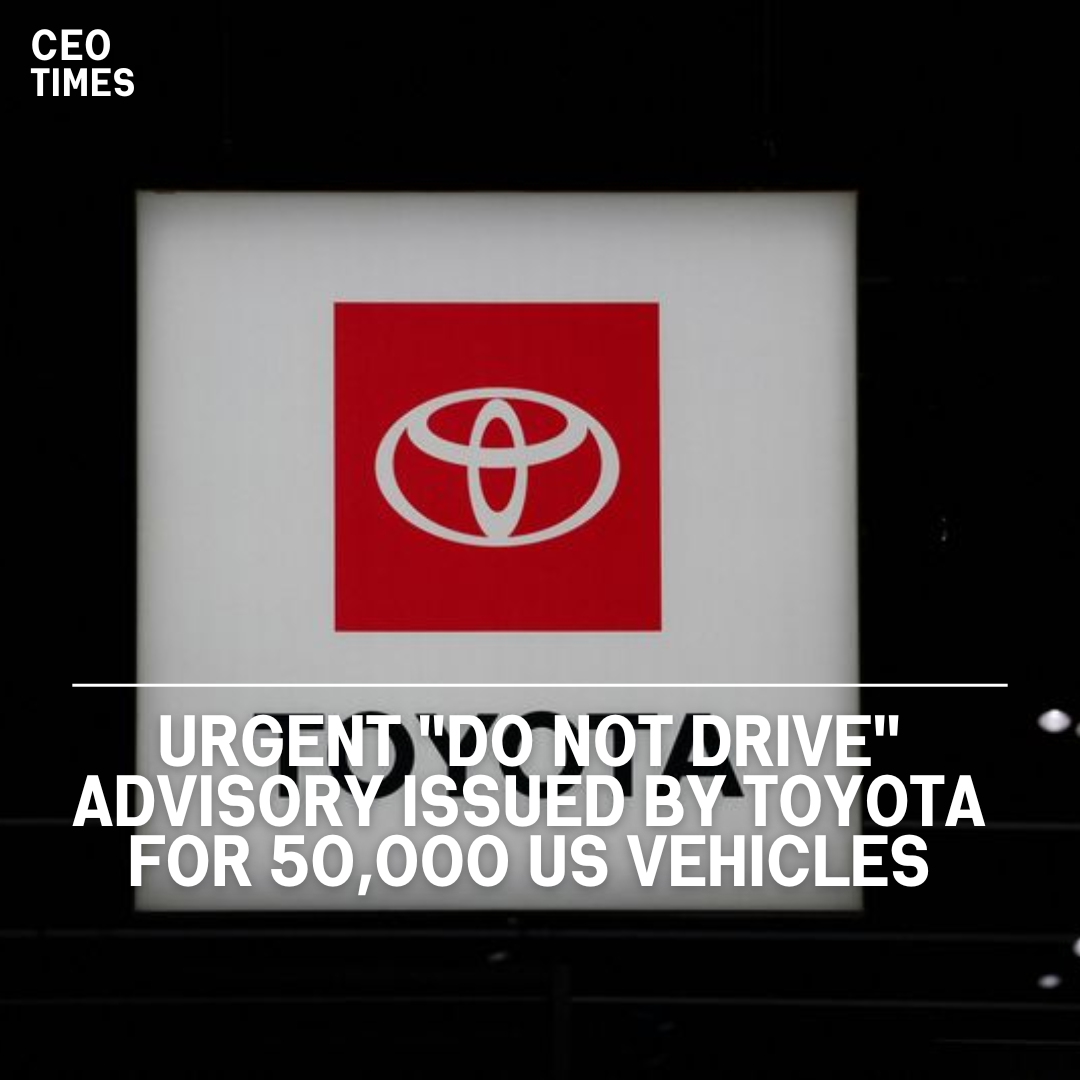Apple faces regulatory challenges as it resists compliance with recent changes, including the European Digital Markets Act.
The company has been forced to adjust its iOS platform, such as allowing alternative payment methods and competing app stores.
Apple expresses discontent with these changes and warns users about potential risks, but critics argue that the company is resisting efforts to increase competition.
iOS 17.4 Changes and Safeguards:
Apple’s recent press release highlights changes in iOS 17.4 to comply with the Digital Markets Act. The company introduces new safeguards to address privacy and security concerns associated with the regulatory changes.
These adjustments include controls, disclosures, and expanded protections for users. However, Apple’s resistance to these changes is evident in its emphasis on potential risks and the need for safeguards.
Developer Backlash and Apple’s App Store Revenue Model:
Developers are expressing dissatisfaction with Apple’s handling of regulatory compliance and its App Store revenue model.
Apple’s control of the App Store and its percentage cut of purchases (typically 30%) are significant sources of service revenue for the company.
The company’s reluctance to embrace regulatory changes may impact its earnings, but it defends its position and control over the App Store.
Developer Link-Outs and In-App Purchases:
Apple recently announced that developers can link to the web to inform users about alternative subscription methods.
However, Apple tightly controls the appearance of these links, and developers require special permission.
Moreover, Apple demands a 27% cut for purchases made through external links, leading to criticism and concerns about the company’s approach to regulatory compliance.
Apple’s Petulant Response and Antitrust Scrutiny:
Apple’s resistance to compliance is seen as a petulant response to regulatory changes. Lawmakers are scrutinizing Apple’s market dominance and antitrust concerns, focusing on limiting its control and power.
Apple’s unwillingness to cooperate may hinder its efforts to convince regulators that additional measures are unnecessary and not user-friendly.
Potential Impact on Future Platforms and Competitors:
While Apple’s current dominance in the mobile market seems secure, its resistance to regulatory changes may impact its reputation among developers and future platform initiatives.
The company’s attitude could make it more susceptible to competition, especially if developers feel spurned and seek alternatives. Competitors may find opportunities to challenge Apple’s core businesses.




















